Looking for the Cheapest Shipping Companies from China to Syria in 2025?
With rising geopolitical risks and supply chain disruptions, securing reliable and cost-effective freight services is more important than ever. This comprehensive guide breaks down the latest shipping options, outlines the major factors shaping your shipping expenses, and compares air and sea freight choices in the current market. Discover actionable insights to streamline your import process, minimize logistics costs, and ensure your cargo reaches Syria safely and on schedule. Let our expertise guide you towards smarter shipping decisions for your business success.
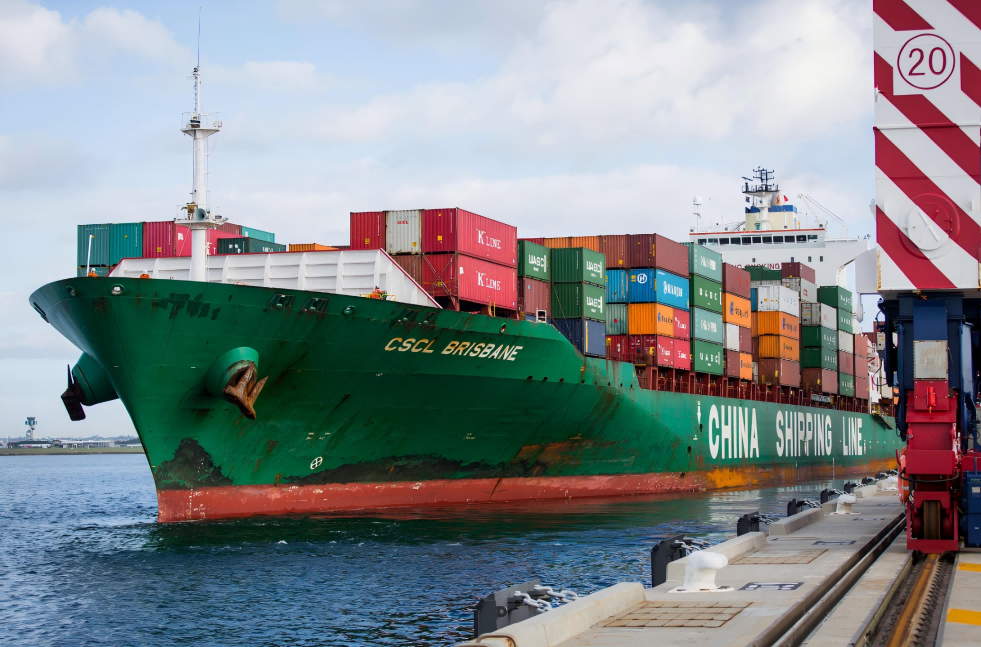
Understanding Shipping Options from China to Syria
Overview of Shipping Methods: Air vs. Sea Freight
When choosing a shipping method between air freight and sea freight, several aspects must be considered.
-
Air Freight is typically faster, making it ideal for urgent shipments or high-value goods that may incur high storage costs if delayed. Air freight can deliver packages in a matter of days, making it suitable for perishable items or products with short shelf lives.
-
Sea Freight, on the other hand, is more cost-effective for larger shipments. While it takes significantly longer (usually several weeks), it accommodates bulk goods and does not charge by weight but rather by volume, which can lead to substantial savings for larger consignments.
| Shipping Method | Transit Time | Cost Factors | Best For |
|---|---|---|---|
| Air Freight | 2-7 days | Higher rates per kg, fuel surcharges | Urgent shipments, high-value items |
| Sea Freight | 2-6 weeks | Lower rates per cbm, port and handling fees | Large shipments, non-urgent deliveries |

Key Factors Influencing Shipping Costs
Understanding the factors that influence shipping costs can help importers make informed decisions. The main elements include:
-
Weight and Volume: Shipping costs are generally calculated based on either the weight or volume of your shipment, whichever is higher. This is known as the dimensional weight.
-
Shipping Distance: The distance from the departure point in China to the destination in Syria will impact the overall cost. Longer distances typically incur higher freight charges.
-
Type of Goods: The nature of the items being shipped can affect costs. Hazardous materials or oversized items often incur additional surcharges.
-
Customs Duties and Taxes: Import duties, tariffs, and taxes imposed by the Syrian government on incoming goods can significantly influence the final cost.
-
Insurance: Opting for insurance services can add to the cost but is often a wise investment to protect your goods during transit.
-
Seasonality: Shipping rates can fluctuate based on seasonal demand. High demand periods, such as holidays, can lead to increased costs.
Shipping From China to Middle East Countries:
- Shipping from China to Saudi Arabia
- Shipping from China to UAE
- Shipping from china to KUWAIT
- Shipping From China To EGYPT
- Shipping from China to Bahrain
- Shipping From China To Jordan
- Shipping From China To Israel
- Shipping from China to Qatar
- Shipping From China To IRAQ
- Shipping from China to Iran
Shipping Costs: A Detailed Breakdown
An understanding of shipping costs is crucial for effective budgeting and financial planning. Below is a detailed breakdown of average costs associated with different shipping methods from China to Syria.
Average Shipping Costs for Air Freight
Air freight is generally more expensive, and the average cost can range anywhere from $5 to $15 per kg. The final price will depend on various factors including the carrier, the service level, and the dimensions of the package. For example:
- Express Services: These can cost upwards of $10-$15 per kg, providing expedited delivery.
- Standard Services: Typically range from $5-$10 per kg, offering a balance between speed and cost.
Average Shipping Costs for Sea Freight
Sea freight costs are usually calculated per cubic meter (cbm) or per container. The average cost for shipping a standard 20-foot container from China to Syria can range from $1,200 to $2,500. Factors affecting these costs include:
- Container Type: A standard 20-foot container is less expensive than a 40-foot or specialized container.
- Port Fees: Charges at the port of departure and arrival can add significantly to the overall cost.
| Shipping Method | Average Cost (20ft) | Average Cost (40ft) |
|---|---|---|
| Sea Freight | $1,200 – $2,500 | $2,500 – $4,500 |
Hidden Fees and Additional Charges
When budgeting for shipping, it’s essential to account for hidden fees that can arise during the shipping process. Common additional charges include:
-
Fuel Surcharges: Fluctuations in fuel prices can lead to additional fees, often passed on to the customer.
-
Customs Clearance Fees: Charges for processing your shipment through customs can range from $100 to $500 depending on the complexity of clearance.
-
Handling Fees: Charges for loading, unloading, and warehousing can vary significantly based on the logistics provider.
-
Documentation Fees: Costs associated with the preparation of necessary shipping documents can add to the total expense.
-
Storage Charges: If your goods are held at the port or warehouse beyond the agreed timeframe, storage fees can quickly accumulate.
For those importing goods from China to Syria, partnering with a reliable freight forwarding service can streamline the logistics process. Dantful International Logistics offers a suite of services, including customs clearance, warehouse services, and insurance services, designed to help you navigate the complexities of international shipping with ease. By choosing Dantful, you can ensure a highly professional, cost-effective, and high-quality shipping experience tailored to your specific needs.
Shipping Times: What to Expect
When importing goods from China to Syria, understanding transit times is crucial for planning and efficiency. Knowing how long your shipment will take can affect inventory management, production schedules, and overall business operations. Below, we explore the average transit times for both air and sea freight, factors influencing shipping speed, and strategies for optimizing transit times.
Average Transit Times for Air Freight
Air freight is the fastest method of shipping goods internationally, making it ideal for urgent shipments. The average transit time for air freight from China to Syria typically ranges from 2 to 7 days. Specific factors that can influence the transit time include:
- Direct Flights vs. Layovers: Direct flights will naturally take less time than those with layovers, which can add several days to the delivery schedule.
- Airport Efficiency: The operational efficiency of both the departure and arrival airports can impact transit times. More efficient airports typically result in shorter delays.
Average Transit Times for Sea Freight
Sea freight, while more economical, requires significantly more time for delivery. The typical transit time from China to Syria via sea freight averages between 2 to 6 weeks, depending on various factors:
- Shipping Route: The route taken by the shipping vessel can greatly affect the transit time. More direct routes will minimize delivery times.
- Port Congestion: Delays at ports due to congestion or operational inefficiencies can extend the shipping duration.
| Shipping Method | Average Transit Time |
|---|---|
| Air Freight | 2 – 7 days |
| Sea Freight | 2 – 6 weeks |
Factors Affecting Shipping Speed
Several elements can influence the speed of shipping from China to Syria:
- Weather Conditions: Adverse weather can lead to delays, particularly for air freight.
- Customs Processing: Customs clearance can become a bottleneck if documents are incomplete or if goods are flagged for inspection.
- Seasonal Demand: Peak seasons may cause delays due to increased shipping volumes and port congestion.
- Type of Goods: Certain items may require additional handling or documentation, which can prolong transit times.
How to Choose the Right Shipping Company
Selecting the appropriate shipping company is essential for ensuring smooth import operations. This section outlines key metrics to evaluate when comparing shipping companies, the role of freight forwarders in cost reduction, and insights regarding customer reviews and reputation.
Comparing Shipping Companies: Key Metrics to Evaluate
When assessing potential shipping companies, consider the following metrics:
- Transit Times: Check if they provide reliable and consistent transit times that align with your needs.
- Cost Structure: Understand their pricing model, including any hidden fees, to ensure transparency.
- Service Offering: Evaluate the range of services provided, such as customs clearance, insurance, and warehouse services.
- Technology: Look for companies that utilize technology for tracking shipments and providing updates.
The Role of Freight Forwarders in Cost Reduction
Freight forwarders, like Dantful International Logistics, are instrumental in optimizing logistics processes. They can help reduce costs through:
- Consolidation of Shipments: By combining multiple shipments, freight forwarders can lower transportation costs.
- Negotiating Rates: Established freight forwarders often have relationships with carriers that allow them to negotiate better rates, benefiting their clients.
- Expertise in Customs Procedures: Their knowledge of customs regulations can help prevent costly delays and fines.
Customer Reviews and Reputation: What to Look For
Before selecting a shipping company, it’s important to examine customer reviews and their overall reputation:
- Online Reviews: Check platforms like Google, Trustpilot, or industry-specific forums for insights into customer satisfaction.
- Case Studies: Look for case studies or testimonials that demonstrate the company’s ability to handle similar shipping needs.
- Accreditations and Certifications: Recognized certifications can indicate a company’s commitment to quality and reliability.
Dantful International Logistics Services:
- Dantful Ocean Freight Services
- Air Freight From China
- Amazon FBA Freight Forwarding
- WAREHOUSE Services
- One-Stop Customs Clearance Solution
- Cargo Insurance Services in China
- DDP Shipping Services By Dantful Logistics
- Out of Gauge Cargo Transportation Shipping Services
Customs Regulations and Import Duties
Understanding Customs Procedures in Syria
When goods arrive in Syria, they must undergo customs clearance. This process involves:
- Documentation Review: Ensure all shipping documents, including commercial invoices and packing lists, are complete and accurate.
- Inspection: Customs authorities may inspect shipments to verify the contents against declared documents.
- Payment of Duties: Duties and taxes must be settled before goods are released.
Common Import Duties and Taxes
Import duties and taxes can significantly impact the total cost of your shipment. Common fees include:
- Customs Duty: This varies based on the type of goods and their declared value but can range from 5% to 30% of the shipment’s value.
- Value Added Tax (VAT): Syria applies a VAT rate of around 10% on most imported goods.
- Excise Tax: Certain items may attract additional excise taxes, particularly luxury goods or those considered harmful.
Tips for Reducing Customs Charges
To minimize customs charges and streamline the clearance process, consider the following tips:
- Proper Documentation: Ensure accurate and comprehensive documentation to avoid delays and penalties.
- Classification of Goods: Verify that goods are classified correctly according to tariff codes to ensure appropriate duties.
- Utilize Free Trade Agreements: Investigate any applicable free trade agreements that may reduce or eliminate duties for specific goods.
Tips for Reducing Shipping Costs
Effective cost management is essential for businesses importing goods. Below are strategies for achieving cost-effective shipping from China to Syria.
Strategies for Cost-Effective Shipping
- Optimize Packaging: Use efficient packaging to minimize weight and volume, which can lower shipping costs.
- Consolidate Shipments: Combine multiple orders into a single shipment to benefit from bulk shipping rates.
- Plan Ahead: Avoid last-minute shipping requests, which can incur expedited shipping fees.
Using Freight Forwarders and Logistics Services
Partnering with a reputable freight forwarder like Dantful International Logistics can help reduce shipping costs through:
- Expertise in Logistics: Professional freight forwarders have extensive knowledge of the industry, allowing them to provide tailored solutions for your shipping needs.
- Access to a Broad Network: A well-connected freight forwarder can help you find the best routes and rates, ensuring cost savings.
- Comprehensive Service Offerings: From insurance services to customs clearance, a full-service logistics provider can help manage your entire shipping process efficiently.
By implementing these strategies and leveraging the expertise of freight forwarding services, businesses can significantly reduce their shipping costs while ensuring compliance and reliability in their international logistics operations.
FAQs
- What is the difference between air freight and sea freight?
- Air freight is faster, taking about 2 to 7 days for delivery, making it suitable for urgent or high-value items. Sea freight is more cost-effective for larger shipments but takes significantly longer, usually between 2 to 6 weeks.
- How are shipping costs calculated?
- Shipping costs are generally calculated based on the weight or volume of the shipment, whichever is greater. Factors such as shipping distance, type of goods, customs duties, and insurance also influence the total cost.
- What are the average shipping costs for air and sea freight?
- For air freight, costs typically range from $5 to $15 per kg. For sea freight, shipping a standard 20-foot container can range from $1,200 to $2,500.
- What additional charges should I be aware of?
- Common hidden fees include fuel surcharges, customs clearance fees (ranging from $100 to $500), handling fees, and storage charges if goods are held beyond the agreed timeframe.
- How can I reduce shipping costs?
- Cost-saving strategies include optimizing packaging, consolidating shipments, planning shipments in advance, and utilizing the expertise of freight forwarders like Dantful International Logistics.
- What customs duties and taxes apply when importing to Syria?
- Import duties in Syria can range from 5% to 30% depending on the type of goods, and a Value Added Tax (VAT) of around 10% is applicable on most imports.
- How can I ensure a smooth customs clearance process?
- To facilitate customs clearance, ensure that all documentation is complete and accurate, classify goods correctly according to tariff codes, and explore any applicable free trade agreements.

Young Chiu is a seasoned logistics expert with over 15 years of experience in international freight forwarding and supply chain management. As CEO of Dantful International Logistics, Young is dedicated to providing valuable insights and practical advice to businesses navigating the complexities of global shipping.






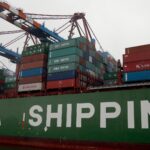



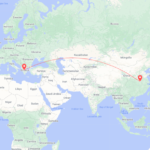
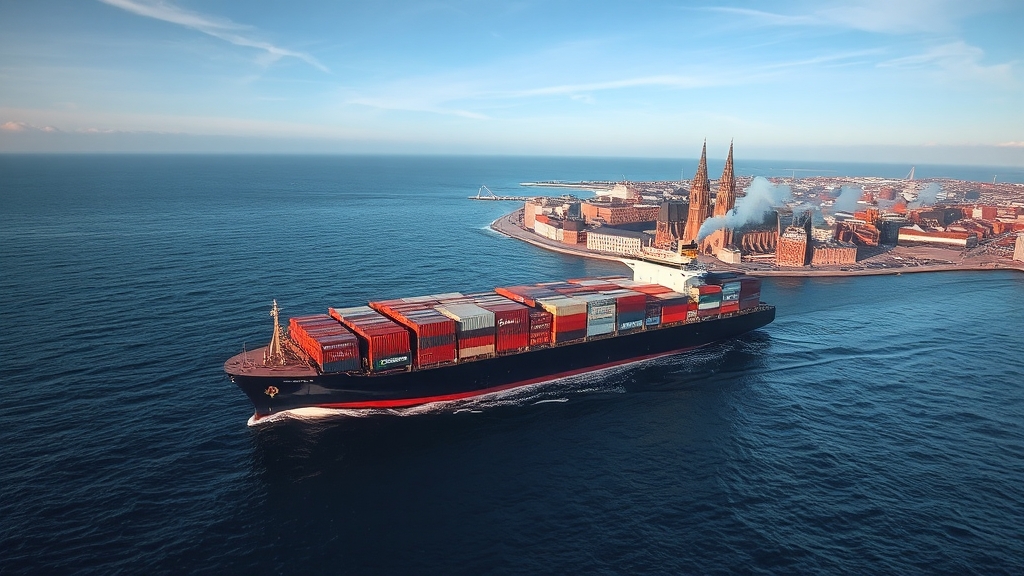
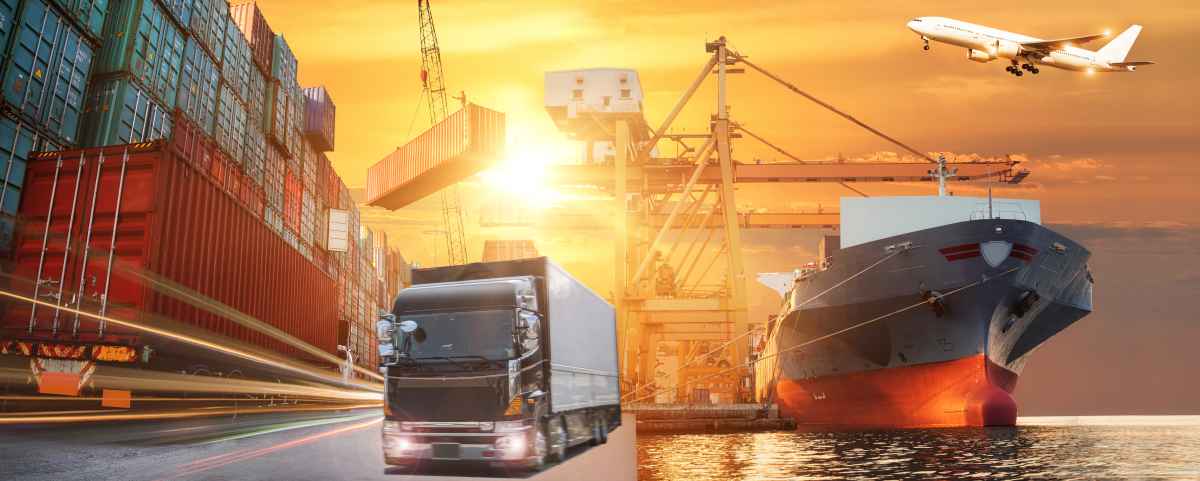
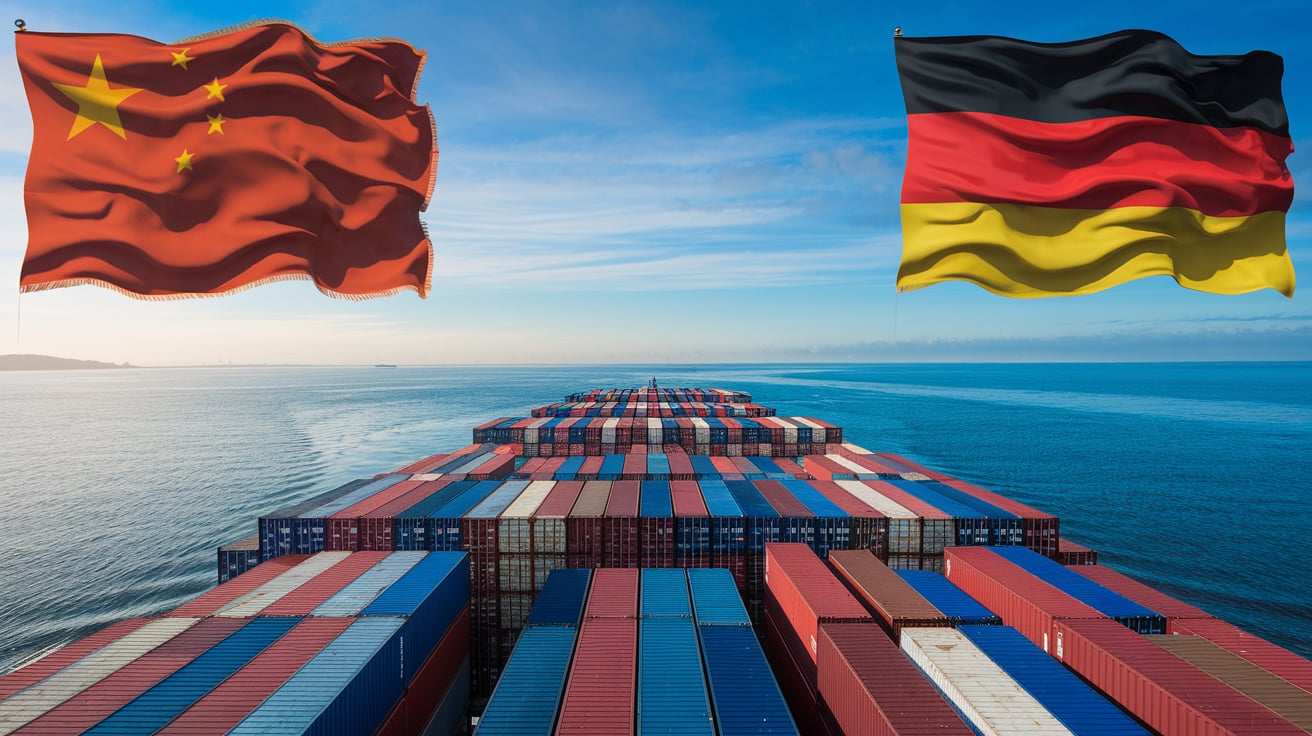
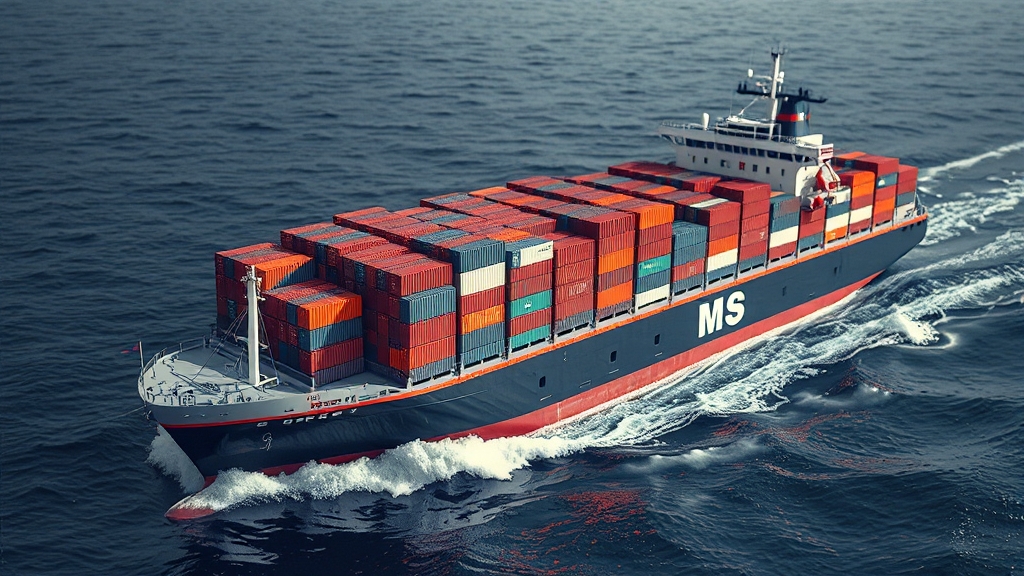
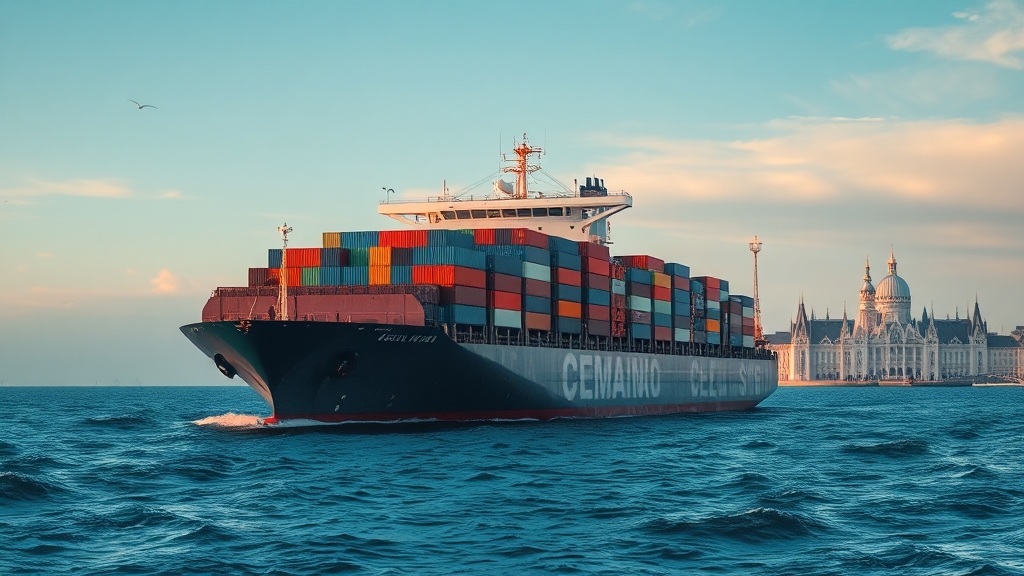





 Afrikaans
Afrikaans Shqip
Shqip አማርኛ
አማርኛ العربية
العربية Հայերեն
Հայերեն Azərbaycan dili
Azərbaycan dili Euskara
Euskara Беларуская мова
Беларуская мова বাংলা
বাংলা Bosanski
Bosanski Български
Български Català
Català Cebuano
Cebuano Chichewa
Chichewa 简体中文
简体中文 繁體中文
繁體中文 Corsu
Corsu Hrvatski
Hrvatski Čeština
Čeština Dansk
Dansk Nederlands
Nederlands English
English Esperanto
Esperanto Eesti
Eesti Filipino
Filipino Suomi
Suomi Français
Français Galego
Galego ქართული
ქართული Deutsch
Deutsch Ελληνικά
Ελληνικά Kreyol ayisyen
Kreyol ayisyen Harshen Hausa
Harshen Hausa Ōlelo Hawaiʻi
Ōlelo Hawaiʻi עִבְרִית
עִבְרִית हिन्दी
हिन्दी Hmong
Hmong Magyar
Magyar Íslenska
Íslenska Igbo
Igbo Bahasa Indonesia
Bahasa Indonesia Gaeilge
Gaeilge Italiano
Italiano 日本語
日本語 Basa Jawa
Basa Jawa ಕನ್ನಡ
ಕನ್ನಡ Қазақ тілі
Қазақ тілі ភាសាខ្មែរ
ភាសាខ្មែរ 한국어
한국어 كوردی
كوردی Кыргызча
Кыргызча ພາສາລາວ
ພາສາລາວ Latin
Latin Latviešu valoda
Latviešu valoda Lietuvių kalba
Lietuvių kalba Lëtzebuergesch
Lëtzebuergesch Македонски јазик
Македонски јазик Malagasy
Malagasy Bahasa Melayu
Bahasa Melayu മലയാളം
മലയാളം Maltese
Maltese Te Reo Māori
Te Reo Māori मराठी
मराठी Монгол
Монгол ဗမာစာ
ဗမာစာ नेपाली
नेपाली Norsk bokmål
Norsk bokmål پښتو
پښتو فارسی
فارسی Polski
Polski Português
Português ਪੰਜਾਬੀ
ਪੰਜਾਬੀ Română
Română Русский
Русский Samoan
Samoan Gàidhlig
Gàidhlig Српски језик
Српски језик Sesotho
Sesotho Shona
Shona سنڌي
سنڌي සිංහල
සිංහල Slovenčina
Slovenčina Slovenščina
Slovenščina Afsoomaali
Afsoomaali Español
Español Basa Sunda
Basa Sunda Kiswahili
Kiswahili Svenska
Svenska Тоҷикӣ
Тоҷикӣ தமிழ்
தமிழ் తెలుగు
తెలుగు ไทย
ไทย Türkçe
Türkçe Українська
Українська اردو
اردو O‘zbekcha
O‘zbekcha Tiếng Việt
Tiếng Việt Cymraeg
Cymraeg יידיש
יידיש Yorùbá
Yorùbá Zulu
Zulu